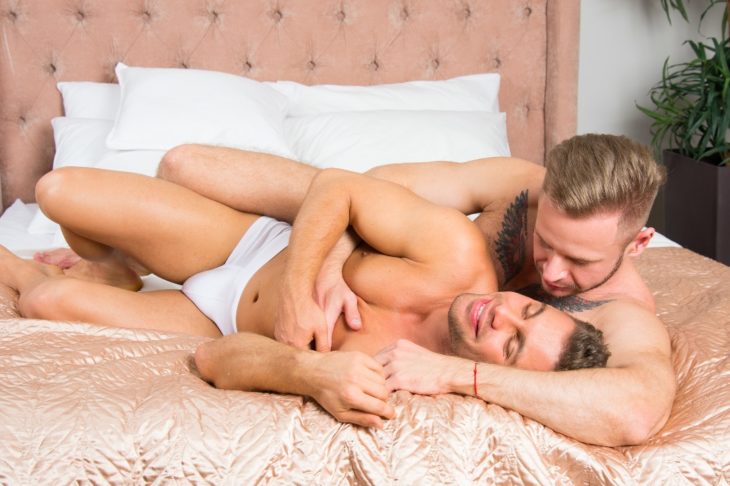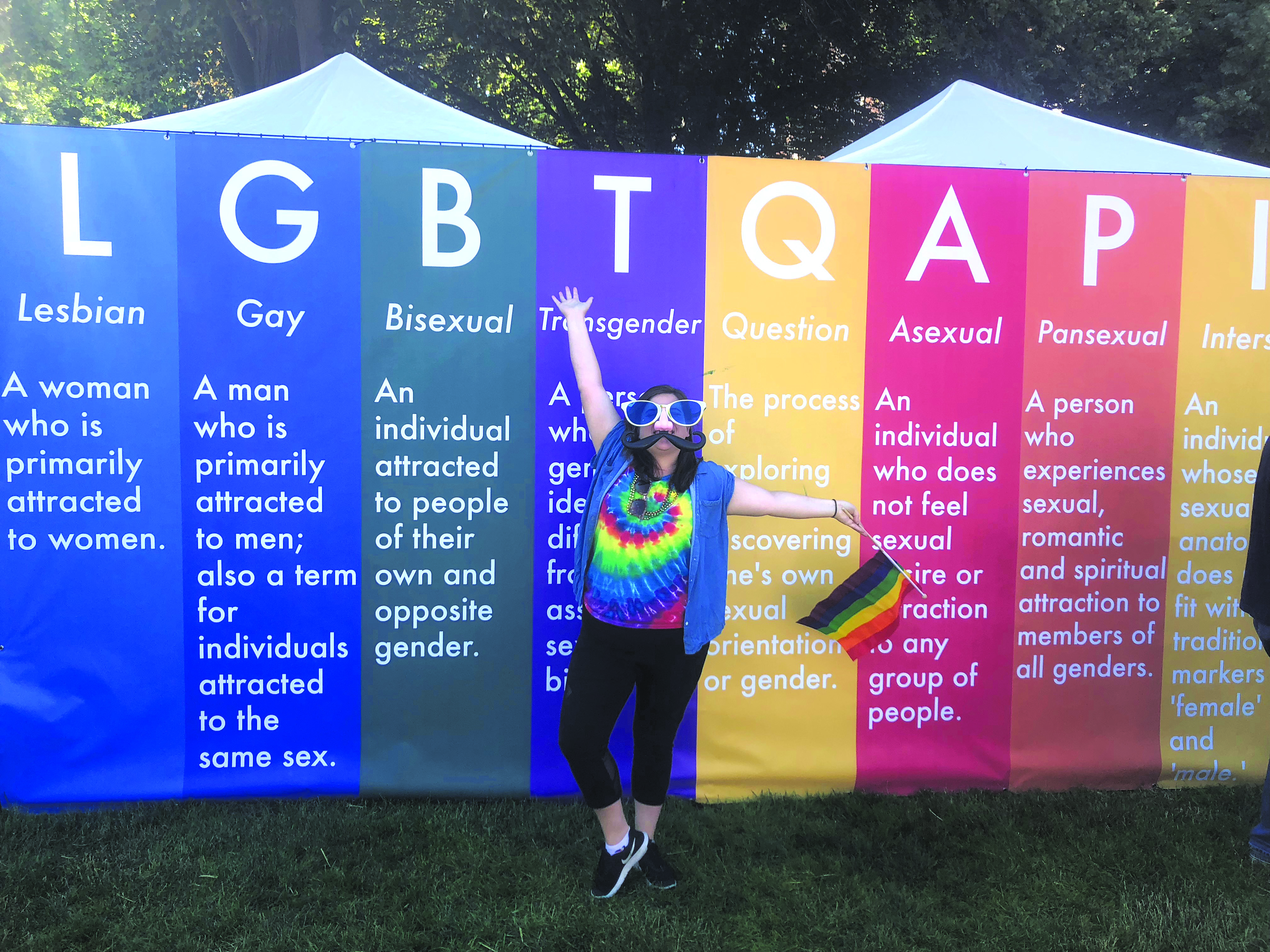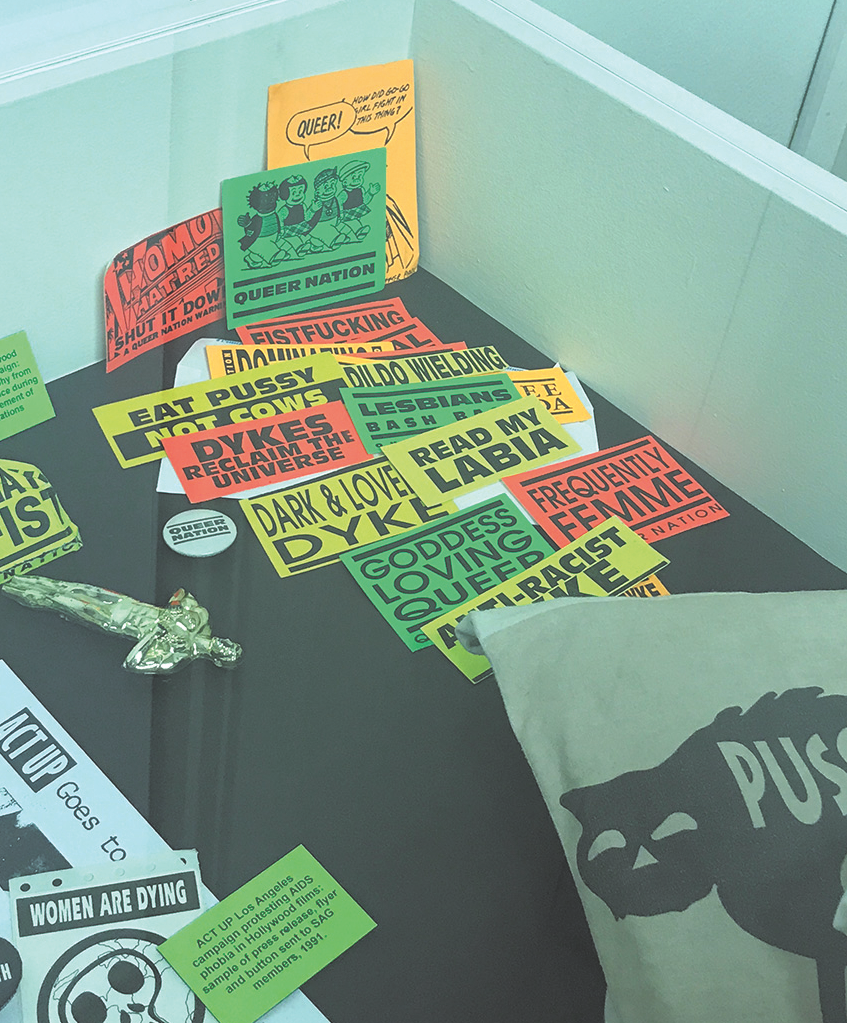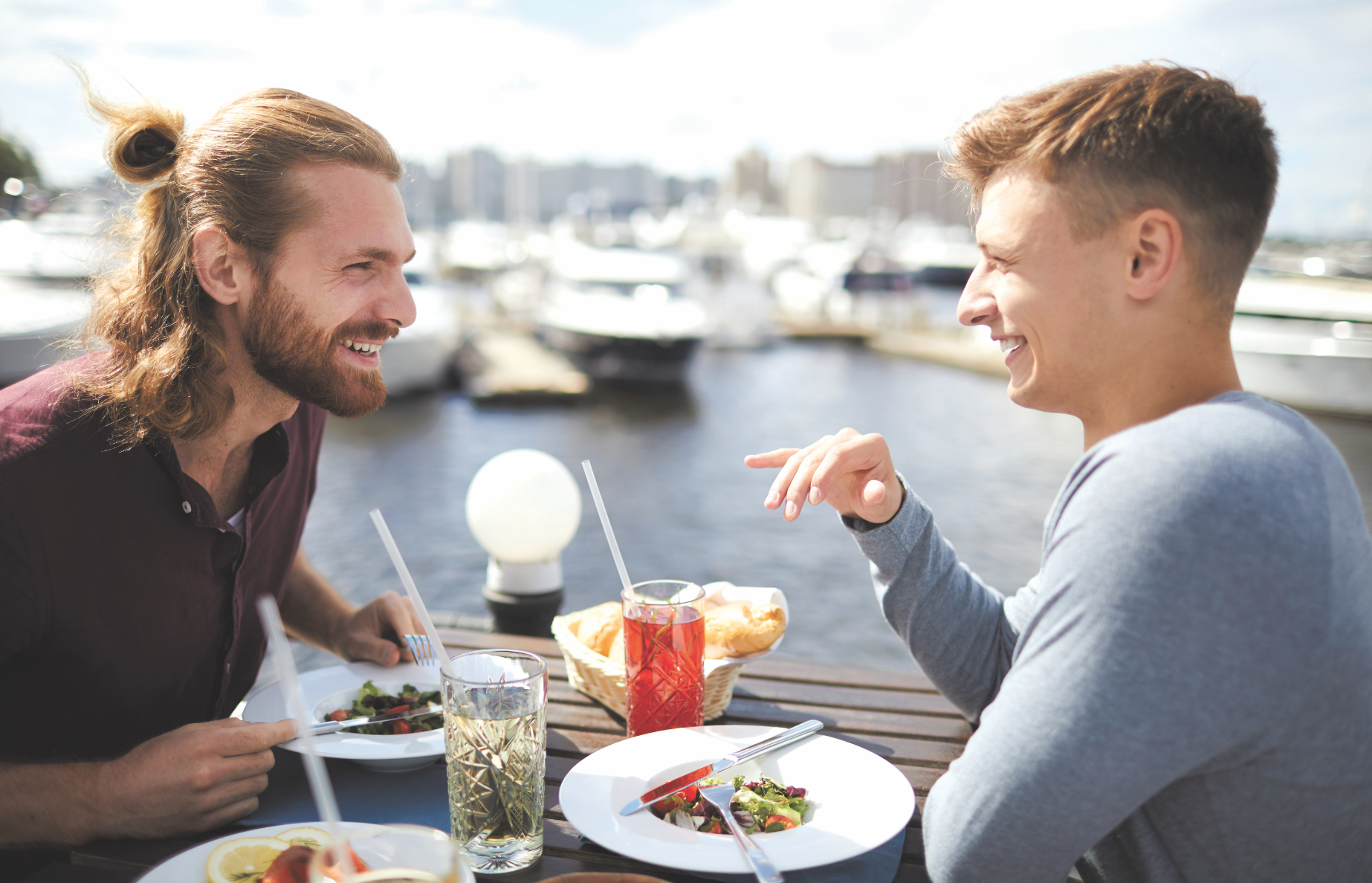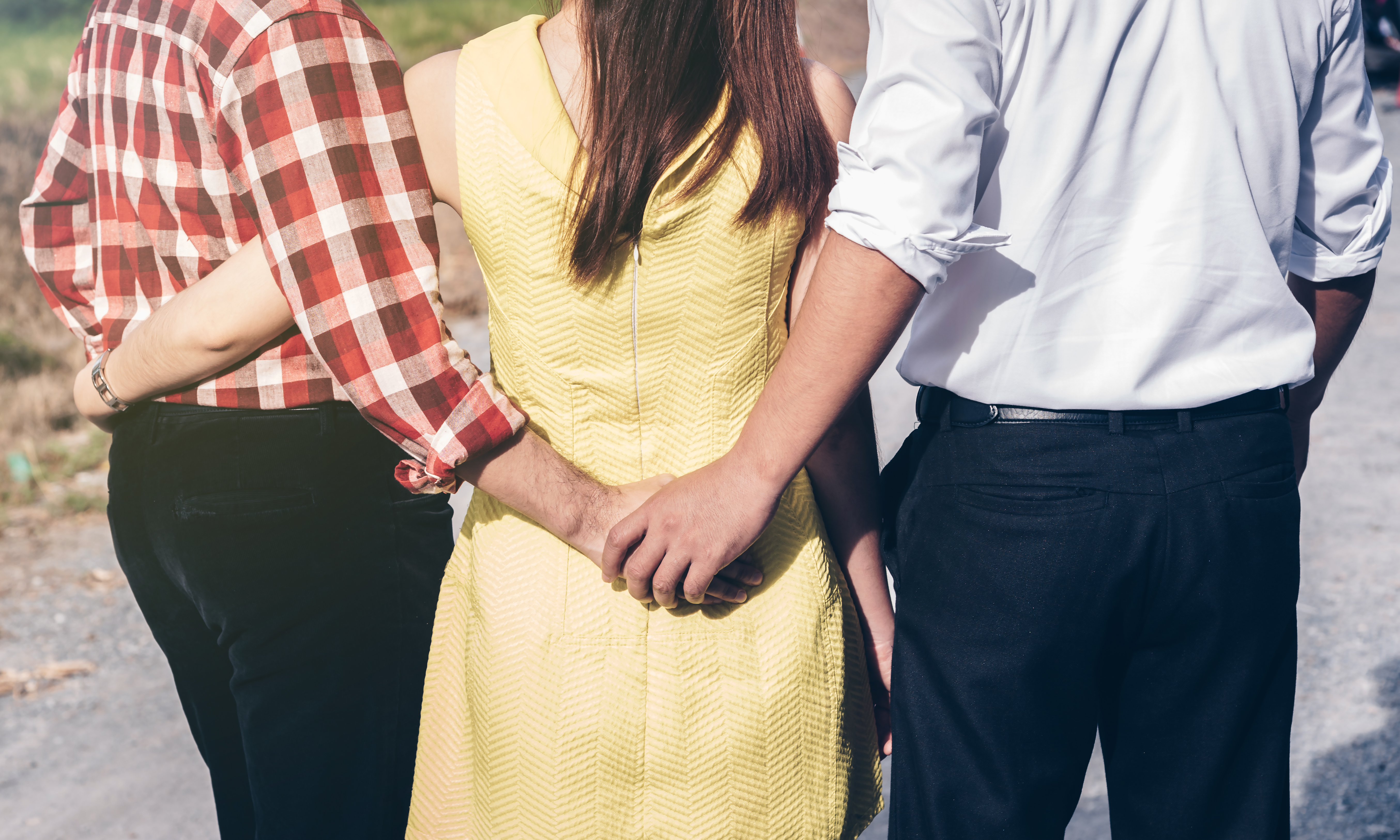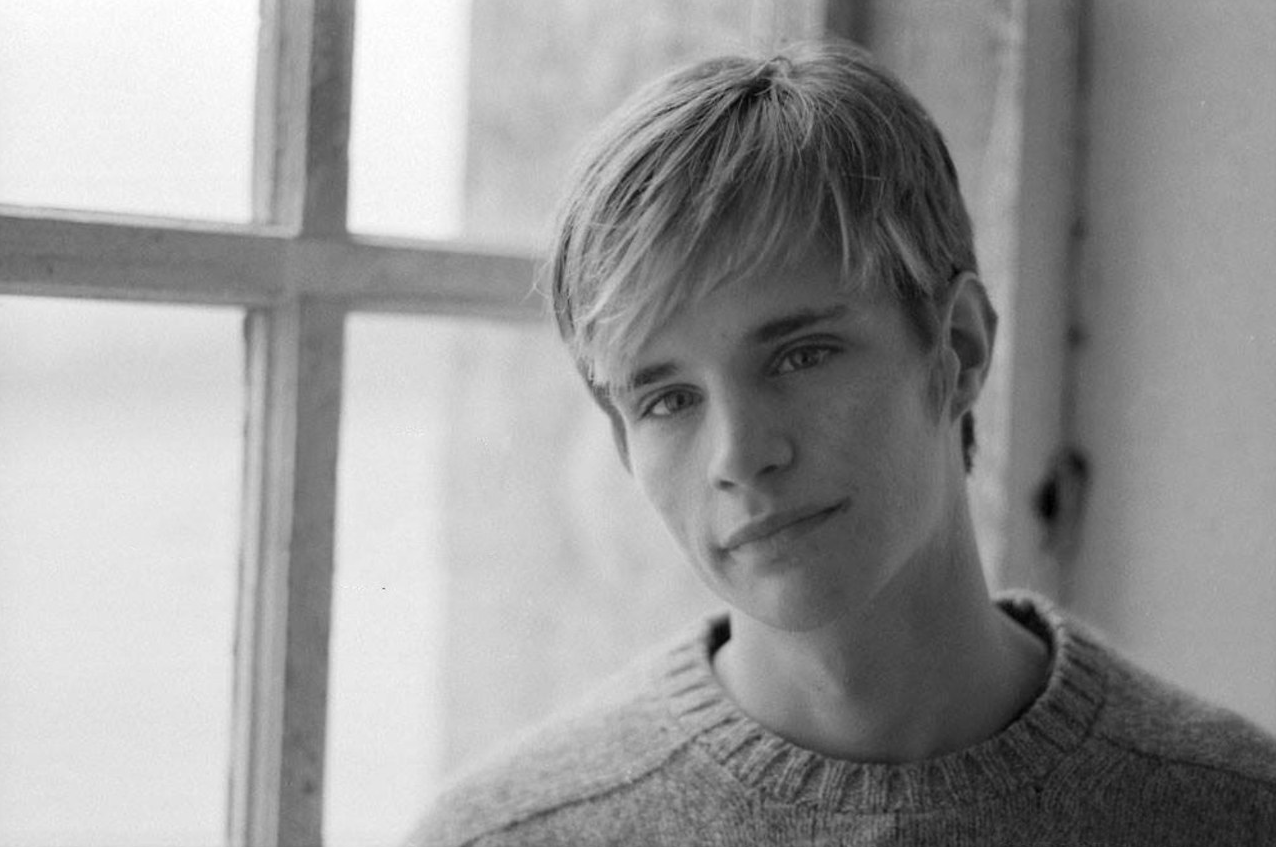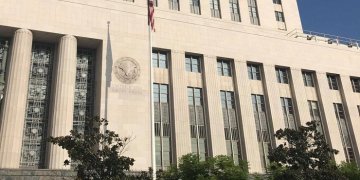BY ANNETTE SEMERDJIAN| Although we take steps forward for equal rights, we’re constantly reminded that our fight for equality is far from over. Resting on the efforts of seniors who fought for us before we were born is not enough. As a younger generation of LGBTQ protesters rises to action, they must remember the elders in the community who have been through the same and often greater acts of bigotry, and who continue to face such difficulties.
Visibility and representation of the LGBTQ community are often imagined through a younger lens. Media depictions of LGBTQ topics cater to the beginnings of realizing one’s sexuality and often fail to show life past 50. Even with shows like “Transparent” and “Grace and Frankie,” there is still so much to know about older members of the LGBTQ community and the specific troubles they face.
Although gentrification has caused many beloved locations for social gatherings in the LGBTQ community (not just limited to Boystown nightclubs) to close down, places like the Los Angeles LGBT Center have some of the most helpful programs and events for LGBTQ seniors in the nation. The LA LGBT Center caters to socializing and community building for seniors in the community with events like Bingo and Life Connections.
Still, these events cater to only about 3,000 people in the region and fight only half the battle. Many seniors are falling back into the closet after being ostracized in their assisted living homes, often without the help of having children or spouses to rely on. Being a senior is hard enough, but with the specific struggles of LGBTQ seniors who have fought so many battles to be who they are, it’s even harder.
Younger generations not only have the opportunity to learn from the elders in the community by standing in solidarity with them but they also have the chance to help create programs and grassroots activism that cater to LGBTQ seniors.


